Turmeric and Cancer: The Role of Curcumin in Fighting Disease
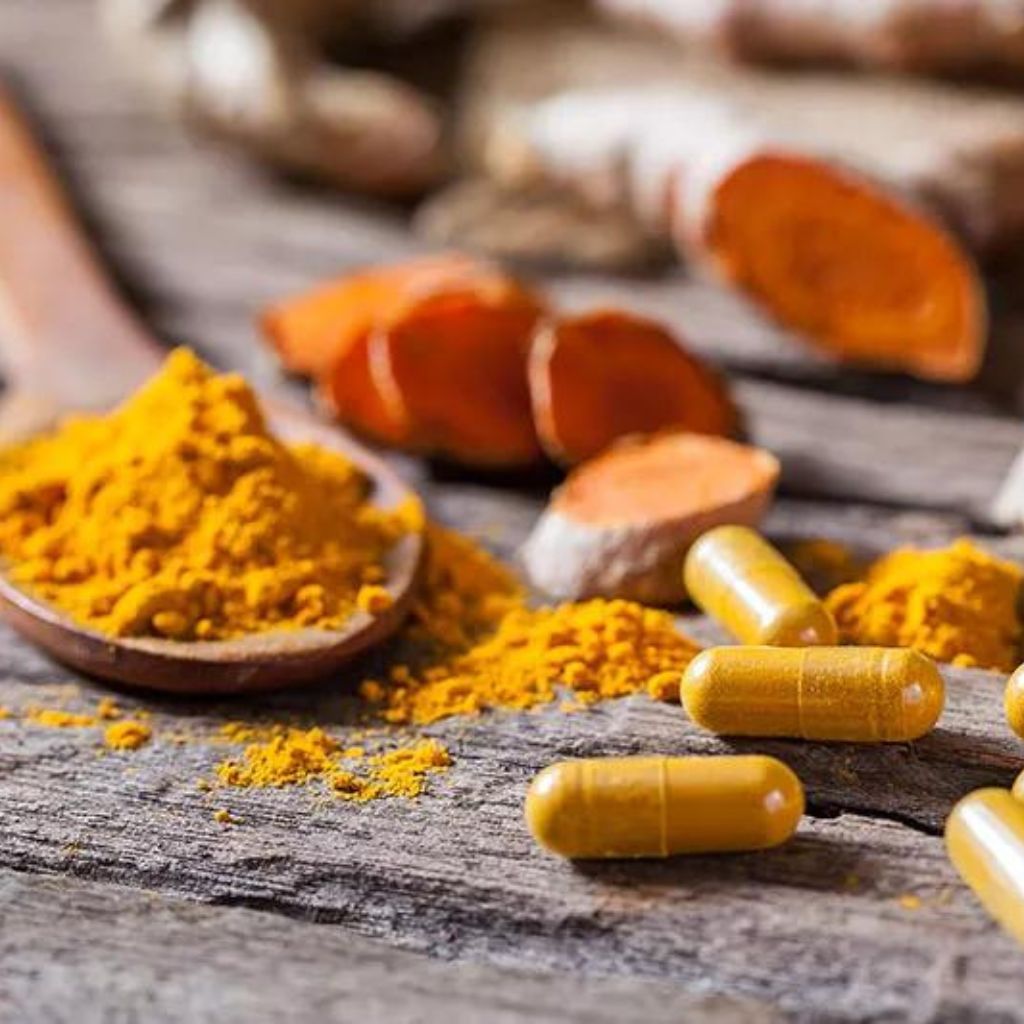
Turmeric, a vibrant yellow spice, has been celebrated for centuries for its medicinal properties, particularly due to its active compound, curcumin. This powerful polyphenol has gained significant attention in recent years for its potential role in cancer prevention and treatment. Curcumin’s multifaceted ability to target various molecular pathways involved in cancer cell growth positions it as a key subject of ongoing research. Here’s a detailed look at the latest findings regarding curcumin’s anti-cancer properties and the advancements in its supplementation.
Curcumin’s Anti-Cancer Potential:
A pivotal study published in Cancer Research investigated the effects of curcumin on breast and colon cancer cells. The research revealed that curcumin effectively inhibited cell proliferation and induced apoptosis, or programmed cell death, in malignant cells. This anti-cancer activity is believed to arise from curcumin’s capacity to disrupt several key signaling pathways that are crucial for cancer cell survival and growth, such as the NF-kB, STAT3, and Wnt/β-catenin pathways.
Moreover, curcumin has shown promise in reducing inflammation, a significant contributor to cancer development. By modulating inflammatory cytokines and enzymes, curcumin may help create a less favorable environment for cancer cells. Despite these promising findings, researchers caution that curcumin is poorly absorbed when consumed in dietary amounts, making it challenging to attain therapeutic effects without the aid of specialized formulations or supplements.
Advances in Supplement Formulations
In response to the challenges of curcumin bioavailability, supplement manufacturers have invested in developing advanced formulations designed to enhance its absorption. One of the most common strategies involves the addition of piperine, an active compound found in black pepper, which has been shown to increase curcumin absorption significantly. Some supplements also utilize nanoparticles or liposomal delivery systems to improve bioavailability further.
As interest in curcumin continues to rise, medical experts emphasize that it should be viewed as a complementary treatment option within an integrative cancer care framework. Curcumin is not intended to replace conventional cancer therapies but rather to enhance their efficacy. Ongoing clinical trials are critically evaluating the optimal dosages and formulations of curcumin for cancer treatment, seeking to establish guidelines that could pave the way for its integration into standard therapeutic regimens.

Healing Bath for Emotional Trauma
Healing Bath for Emotional Trauma This bath is designed to aid in emotional healing and the release of negative feelings, making it ideal for times
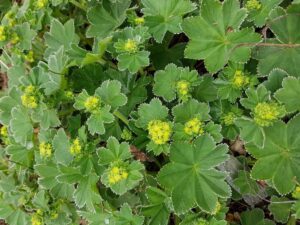
Lady’s Mantle
Lady's Mantle Lady's Mantle is a perennial herb known for its fan-shaped, serrated leaves and small yellow-green flowers. It has been traditionally used in herbal
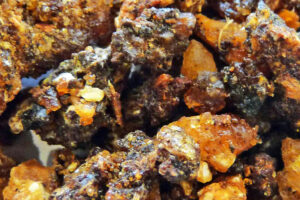
Opopanax Resin (Sweet Myrrh)
Opopanax Resin (Sweet Myrrh) Opopanax Resin (Sweet Myrrh) is an aromatic resin with a sweet, balsamic fragrance. It is derived from the Commiphora species, primarily
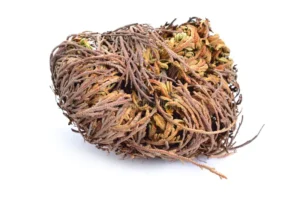
Jericho
Jericho Jericho, also known as Rose of Jericho or Anastatica hierochuntica, is a fascinating plant known for its remarkable resurrection abilities and distinctive appearance. This
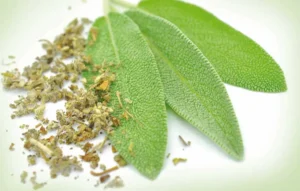
Sage Leaf
SageLeaf Sage Leaf comes from the Salvia officinalis plant, which is part of the mint family. The leaves are known for their aromatic properties and

Recipe Template
Hibiscus Flowers The overall appearance of hibiscus flowers is bold and exotic, making them a popular choice for gardens, decorations, and floral arrangements. Their stunning